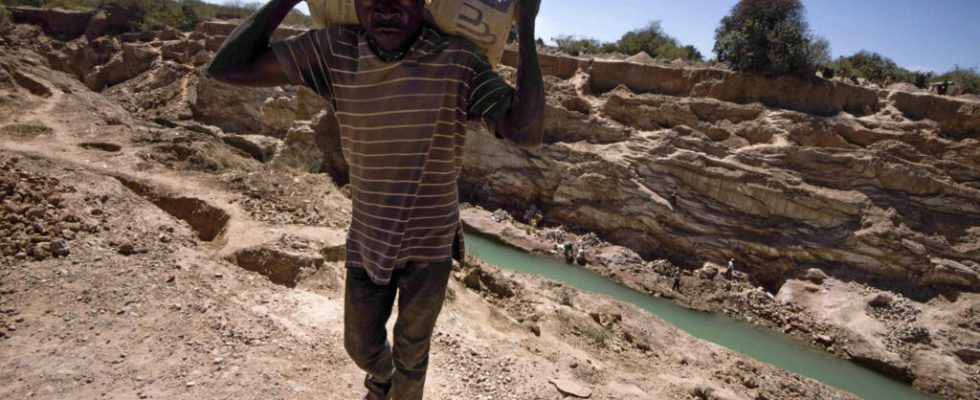According to an Amnesty International report presented this Tuesday in Kinshasa, serious human rights violations have been recorded alongside the industrial extraction of cobalt and copper. The DRC holds more than half of the world’s cobalt reserves and is the world’s leading producer.
1 min
According to the NGO, the extraction of cobalt and copper, essential in the manufacture of batteries for electric vehicles, leads to the forced expulsion of entire populations, as well as other violations.
Houses in the Gécamines district of Kolwezi were destroyed and their residents evicted to make way for an expanding Cobalt mine. Farmers from the villages of Samukonga and Tshamundenda were chased from their land located on a mining company concession. Or the informal village of Mukumbi was burned and its inhabitants were victims of threats and intimidation from the military. There are many examples of human rights abuses, according to Amnesty International.
The growing demand for these minerals essential to the energy transition has led to an expansion of mining operations, underlines Amnesty. And as a result, evictions of populations near these mines have also increased.
Read alsoDRC: “Cobalt, the other side of the electric dream” or the hidden face of its exploitation
In many cases, the organization adds, evicted residents were not consulted. They had to sign documents that they did not necessarily understand and the money they were given was largely insufficient to find rehousing.
Amnesty also accuses the security forces of having assisted in these expulsions. “ We recognize the critical importance of rechargeable batteries in the energy transition », recognizes the NGO. “ But decarbonizing the global economy must not lead to new human rights violations “, she pleads.
Read alsoEU and DRC announce deal on rare minerals like copper and cobalt
